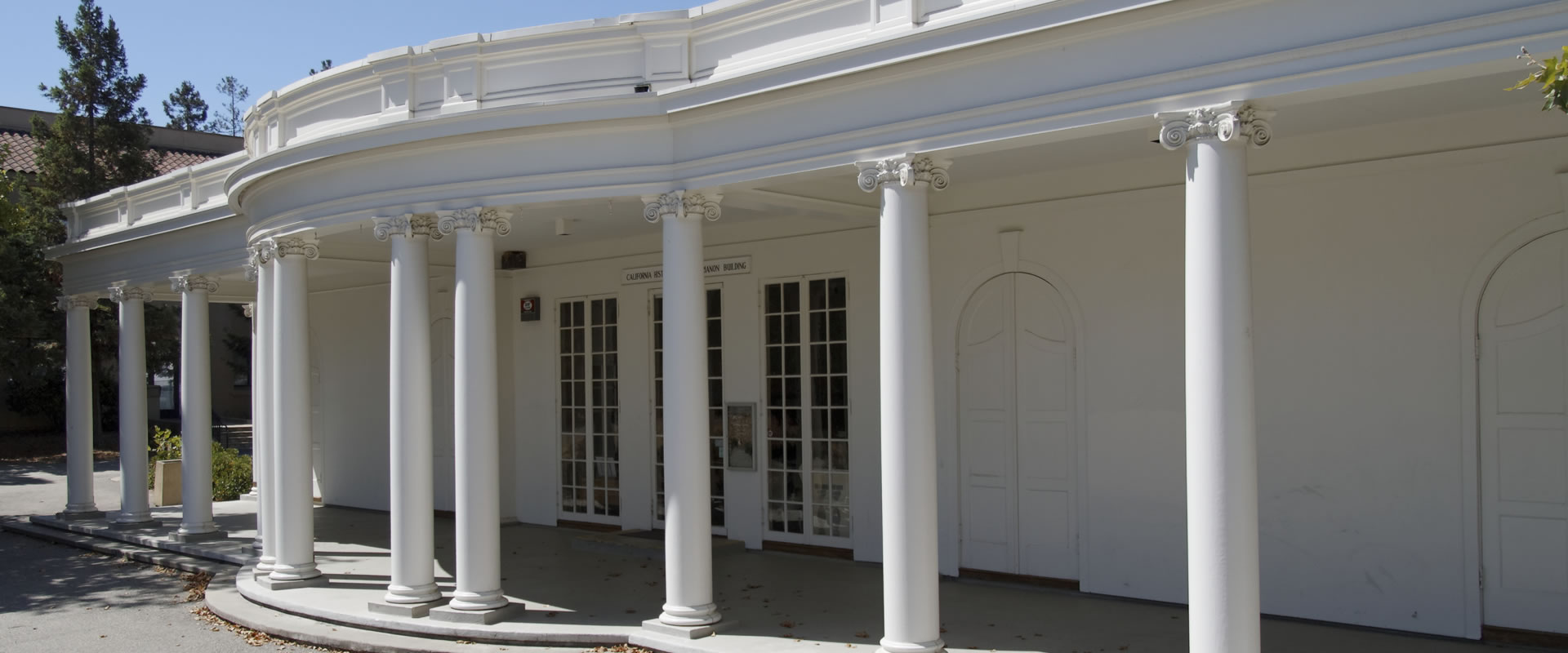The California History Center academic program serves as the vital link in the partnership between the Foothill-De Anza Community College District and the California History Center Foundation. On average, 20 academic courses are offered each year through the CHC program. Courses are offered during the day, evening, and on weekends, and most courses are transferable to four-year institutions as electives.
California History Center
The following courses will be offered Spring quarter 2012 through the California History Center. Please see the History Department class listings section of the Schedule of Classes.
- Local History Through Oral History
- 1968: Turmoil and A Turning Point
- History of the Napa-Sonoma Wine Communities
- San Francisco: American Beginnings, 1846-1856
To sign up for a class, apply for admission and register online. For more information or questions, call the center at 408.864.8712.
Local History Through Oral History
Course HIST-054w-95, 1 unit
Instructor: Anne Hickling
Description: Learn the history of local people and communities and help capture it! As you listen to and record life stories of Santa Clara Valley/Silicon Valley residents, specific topics will emerge including family life and family economics, immigration, education, employment, labor and business history, and military service, along with stories from agriculture, mining, technology, the arts, and religious life. The instructor will provide local historical context as well as question development and interviewing techniques. Student field study will consist of oral history preparation and interviewing of a resident of the Santa Clara Valley. Community service credit will be awarded. Sharing of completed oral histories will be the emphasis of the last class.
Lectures: Wednesdays, June 6 and June 20, 2012, 6:30 p.m. to 10:00 p.m., CHC
Field Studies: Wednesday, June 13, 2012, 6:30 p.m.
Contact: ahickling@earthlink.net
1968: Turmoil and A Turning Point
Course: HIST-051X-95, 2 Units
Instructor: Mary Jo Ignoffo
The year 1968 was a year of international turmoil. It was also a turning point for a generation of Americans coming of age while the nation engaged in war. The San Francisco Bay Area was at the forefront of an emerging counterculture and was the scene for many of the events that made 1968 one of the most powerful years in recent history. This class will explore the political, social, and economic events of 1968, including the Vietnam War, the assassinations of Martin Luther King Jr. and Robert Kennedy, riots at the Democratic National Convention, Black Power demonstrations at the Summer Olympics, feminist demonstrations at the Miss America pageant, and much more. This class is designed for those who would like to know more about that era as well as those who may have lived through it.
Lectures: Mondays, April 23 and May 7, 2012, 4:00 p.m. to 7:50 p.m., CHC
Field Studies: Friday, April 27 and Saturday, May 5, 2012
Contact: ignoffomaryjo@deanza.edu
History of the Napa-Sonoma Wine Communities
Course: HIST-053X-95, 2 units
Instructor: Chatham Forbes
Beginning in Hispanic times, communities of vineyardists became established in the North Bay region. Knowledgeable Europeans recognized the virtues of soil and climate, settled in Sonoma and Napa Counties, and developed what is today one of the great winemaking regions in the world. The story of the founding personalities and their successors will be studied in the classroom and the field.
Lectures: Thursdays, April 19 and May 3, 2012, 6:30-10:00 p.m., CHC
Field Studies: Saturdays, April 21 and May 5, 2012
Contact: chforbessr@msn.com
San Francisco: American Beginnings, 1846-1856
Course: HIST-107X-95, 2 units
Instructor: Chatham Forbes
Yerba Buena became San Francisco under the American flag, a seaport village of many races and a wide variety of occupations. Within months the Mother Lode of the Sierra Nevada foothills was discovered; in a year the Gold Rush started, and the village began its transformation into the “one and only city” in the West. Gold-seekers from every state and many countries poured into the town. A settlement of adobes, shacks, and tents matured into frame and brick. This epic story will be told in classroom and field.
Lectures: TThursdays, May 17 and May 24; 2012, 6:30 - 10:00 p.m., CHC
Field Studies: Saturdays, May 19 and May 26, 2012
Contact: chforbessr@msn.com

